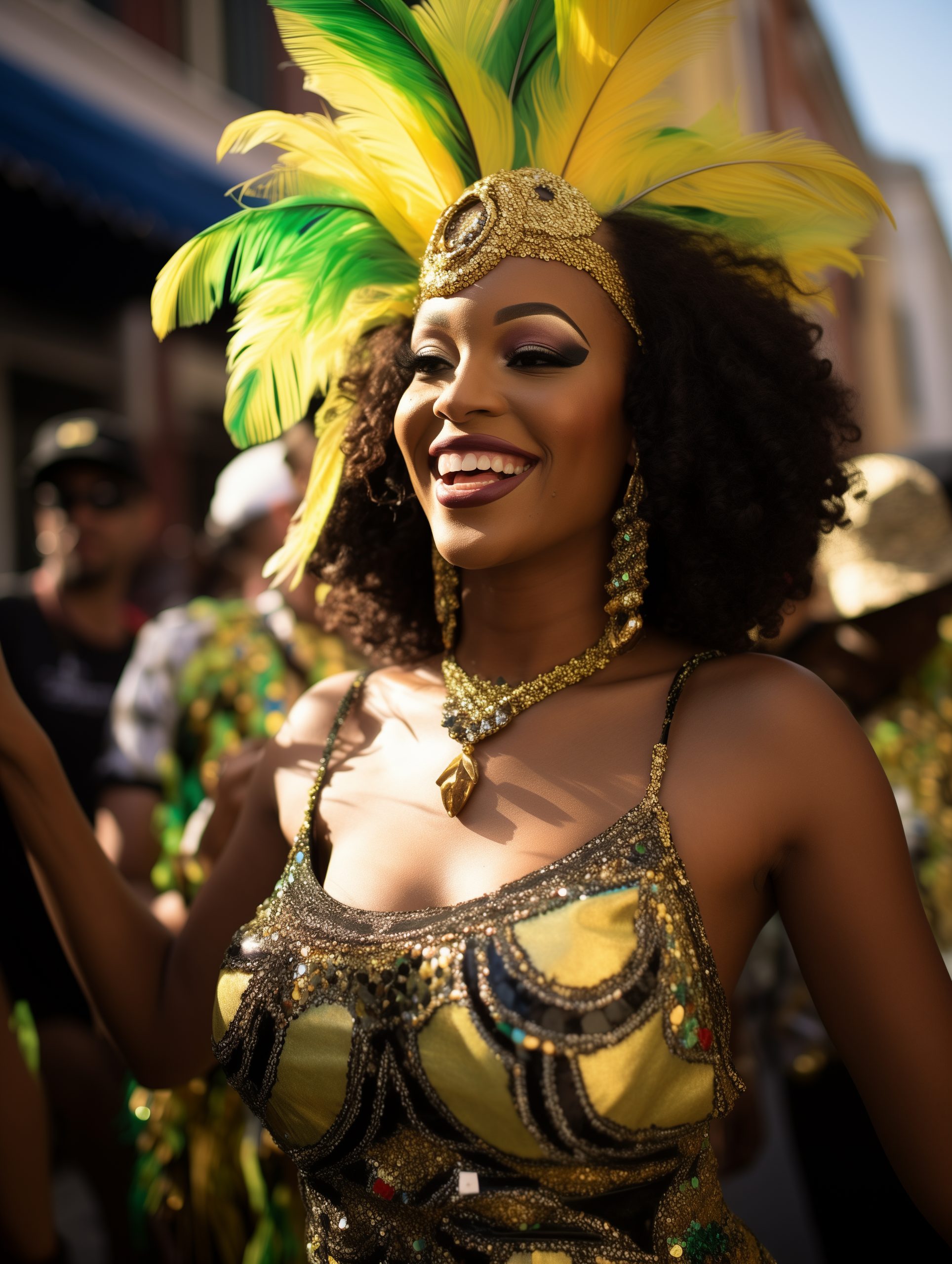Here are the best traditional festivals in Nigeria. Nigeria is a country where culture speaks loudly — not just through music or language, but through festivals that color the streets with drums, dances, and vibrant attire. These festivals are more than mere celebrations; they are a preservation of heritage, a spiritual reconnection, and an invitation to the community (and sometimes the world) to experience the soul of Nigeria.
From the northern dunes to the southern shores, each ethnic group brings something special to the cultural table. Whether it’s to honor ancestors, deities, or agriculture, traditional festivals remain a vital thread in Nigeria’s social fabric.
Here’s a curated list of Nigeria’s most remarkable traditional festivals — events that everyone, Nigerian or not, should experience at least once.
1. Osun-Osogbo Festival (Osun State)
Held annually in August in Osogbo, this sacred festival honors the river goddess Osun. It is a UNESCO-recognized cultural heritage event and draws thousands of devotees and tourists from around the world.
Highlights include:
- Rituals at the sacred Osun Grove
- Processions of worshippers dressed in white
- Traditional drumming and dances
2. Durbar Festival (Kano, Katsina, Bauchi)
The Durbar is a spectacular display of horsemanship, pageantry, and Islamic tradition. It is held during Eid-el-Fitr and Eid-el-Kabir in the North, particularly in cities with strong Emirate structures.
The Emir leads a royal procession of:
- Colorfully dressed horsemen
- Sword bearers
- Drummers and trumpeters
It’s a regal and breathtaking experience that showcases Northern Nigeria’s rich Islamic culture.
3. New Yam Festival (Igbo Communities)
Celebrated across the South-East, the New Yam Festival (Iri Ji) usually takes place between August and October to thank the gods for a bountiful harvest. It is as spiritual as it is social.
Festivities include:
- Traditional dances and masquerade performances
- Offerings of yam to deities before humans eat it
- Community feasts and sharing
Each community may celebrate differently, but the focus is always on gratitude, fertility, and continuity.
4. Argungu Fishing Festival (Kebbi State)
This centuries-old festival is held in Argungu town and centers around a grand fishing competition in the Matan Fada River. Participants dive into the water with large fish baskets and try to catch the biggest fish.
Other features include:
- Wrestling and boxing competitions
- Cultural dances and boat races
- Displays of local arts and crafts
5. Eyo Festival (Lagos State)
Also known as the Adamu Orisha Play, the Eyo Festival is an exclusive Lagos tradition that celebrates the passage of a significant Lagos monarch or chief. It features a procession of white-clad masquerades known as Eyo.
Each masquerade carries a staff (opambata) and chants songs unique to their lineage.
The festival is a regal and spiritual affair that turns the streets of Lagos Island into a cultural parade.
6. Ofala Festival (Anambra State)
This is the traditional festival of the Igbo kings (Obi). Held annually in towns like Onitsha and Nnewi, it marks the king’s emergence from seclusion and his blessing of the land and people.
Features include:
- Royal dances and cannon blasts
- Parades of chiefs and dancers in regal attire
- A public address from the Obi to his people
7. Sango Festival (Oyo State)
This vibrant celebration is in honor of Sango, the thunder god of the Yoruba people. Held annually in Oyo, the ancient capital of the Oyo Empire, it blends spirituality, mythology, and high drama.
Expect to see:
- Sango devotees in red and white
- Fire-spitting displays and masquerade processions
- Ritual drumming and chants
8. Calabar Carnival (Cross River State)
While more contemporary in nature, Calabar Carnival still draws heavily from Efik and Cross River traditions. It has grown to become the “biggest street party in Africa.”
Spanning December, it includes:
- Cultural parades from various Nigerian states
- Costume competitions
- Traditional performances and street dances
9. Igue Festival (Edo State)
Held in Benin City, the Igue Festival celebrates the Oba of Benin and is rooted in spiritual and historical rites. It involves the blessing of the land, warriors, and subjects.
The Oba blesses the Edo people during ceremonies, which are marked by:
- Traditional regalia
- Royal blessings and incantations
- Dancing and processions in the palace
Why These Festivals Matter
These festivals go beyond color and dance. They:
- Preserve ancient history and traditions
- Promote unity and identity
- Boost local economies and tourism
- Provide spiritual renewal for communities
In a fast-changing world, these cultural anchors remind us who we are.
So whether you’re drawn to the spectacle of Durbar or the spiritual depth of Osun-Osogbo, Nigeria’s traditional festivals offer unforgettable experiences.
“A people without knowledge of their past history, origin and culture is like a tree without roots.” – Marcus Garvey





